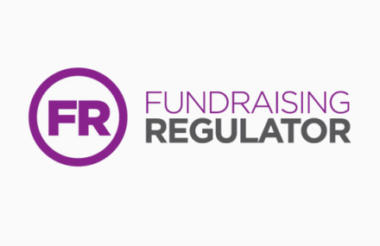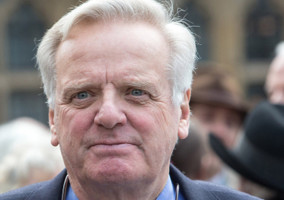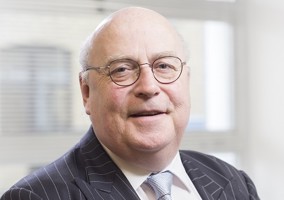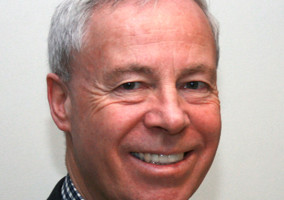The Fundraising Regulator has published a list of the 1,570 charities which fall within the scope of its levy, including the names of 162 charities which have either refused to pay or not responded.
The Fundraising Regulator published the full list of charities within the scope of its levy on fundraising spend this afternoon. A spokeswoman for the organisation said the published list carried 1,570 charities by name and included 101 organisations yet to respond to requests to pay from the regulator, and a further 61 which had outright refused to pay.
Of those 162 charities listed as not having paid the levy 13 have “committed to pay” the second year, according to the Fundraising Regulator.
A further 95 organisations “still in negotiation” with the regulator regarding the first round of the levy and have not been included on the published list.
A statement from the Fundraising Regulator said: “Today, in the interests of transparency and fairness, the Fundraising Regulator has published a list which shows the charities who have paid or committed to pay and those who have not paid our year 1 levy.
“The charities listed as non-payers comprise those who either refused to contribute to the levy, or have not responded to our communications. The list will be updated to include charities with whom we are still in negotiation, as and when they decide whether or not to pay. As such it is a live document. As always, we are grateful to those charities who have paid the levy, and look forward to continued collaboration in the future.”
Sir Stuart Etherington, chief executive of NCVO, said: “I am pleased to see that so many charities are contributing to the Fundraising Regulator, and therefore playing their part in ensuring we have an effective system of self-regulation.
“Payment of the levy is a clear way for charities to demonstrate their commitment to fundraising good practice and more widely to good governance. So by paying the levy they are also safeguarding their integrity and reputation, which are so crucial to the work they do and their relationship with the public.”
Vicky Browning, chief executive of Acevo, said: “It is for each charity to make up its own mind on whether to pay the regulator’s levy. ACEVO’s view is that it is better to have voluntary self-regulation with a code agreed between the sector and government rather than risk the introduction of legislation which could be a lot more proscriptive and catch-all.
"Charities not paying the levy on the principle that donors’ money was not intended for the Fundraising Regulator must measure the risk against the principle and consider whether the principle should itself be subsidised by the majority of the rest of the sector which is paying the levy.
“That said, the regulator’s published list shows is that there are certain kinds of charities (primarily religious, medical and the arts) which are more likely than others not to pay. This demonstrates a need for the Fundraising Regulator to engage with representatives from these types of charities and understand what their concerns are. The sector is not homogeneous, the same argument isn't going to work with everyone - charities that have concerns about paying need to see and hear that their perspective is understood and being taken into account.”
Peter Lewis, chief executive of the Institute of Fundraising, said: “Charities rely on the generosity of the public and this is why effective fundraising regulation is so important. This is seen in the fact that the vast majority of our members have signed up to pay the Fundraising Regulator’s levy.
“While it is for the board of each charity to decide their own position, we strongly encourage every fundraising organisation to show their commitment to high standards by paying the levy.”
19 religious organisations amongst non-paying list
According to the full list, 19 religious organisations have yet to contribute to the fundraising levy, making religious charities one of the largest groups in terms of non-paying groups by charitable aims.
Two religious organisations – Elim Foursquare Gospel Alliance and the Amanat Trust, which is the registered charity name for the Ummah Welfare Trust – were also amongst the largest organisations in terms of income to have yet to pay the levy.
According to its most recent set of accounts, Elim Foursquare had a total income of over £64m up to the year ending 30 September 2015, while the Amanat Trust had income of over £24m in the year ending 30 November 2015.
Medical organisations, including hospital and air amublance trusts as well as research charities, also made up a large segment of non-paying organisations with a 22 such charities listed as not contributing to the levy.
There were 18 arts charities listed as having yet contribute to the levy, along with a further 16 education charities including universities and schools, many of which are exempt charities.
The full list as published by the Fundraising Regulator can be viewed here.
Related Articles












